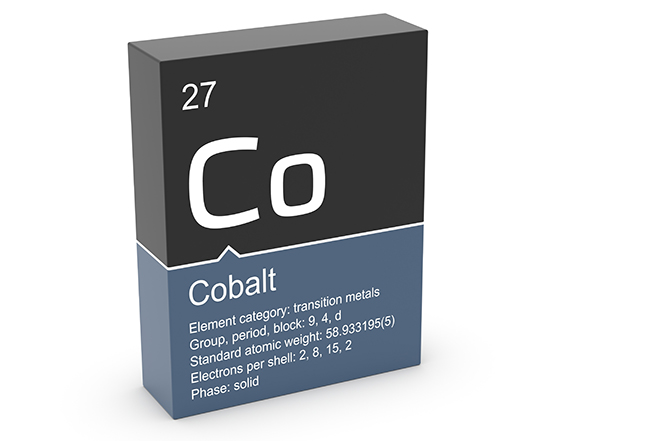As the market for plug-in vehicles grows, so does the demand for the materials associated with production, particularly lithium and cobalt, which are used in Li-on batteries. The DOE’s Critical Materials Institute (CMI) is focused on recycling and reducing the demand for rare metals that may experience shortages in the future. The agency is also interested in finding substitutes for critical metals such as lithium and cobalt.
In addition to lithium and cobalt, CMI has identified several other materials that could experience shortages, including manganese, vanadium, gallium, indium, tellurium, platinum and graphite.
“Some of [these materials] are produced in small quantity as by-products of other mining processes; some are subject to unstable geopolitical conditions,” said CMI Deputy Director Rod Eggert. “All of them will be in greater demand as new battery, solar cell and fuel cell technologies emerge in the near future.”
CMI Director Alex King emphasized that partnerships with industry are critical to the effort: “Keeping manufacturing and industry in the loop has made CMI agile, and better able to anticipate market demands than traditional research models. Our sheer number of patents and two recent R&D 100 Awards have proven our methods work, and we’re prepared to meet these additional challenges.”
Source: Ames Laboratory


















































